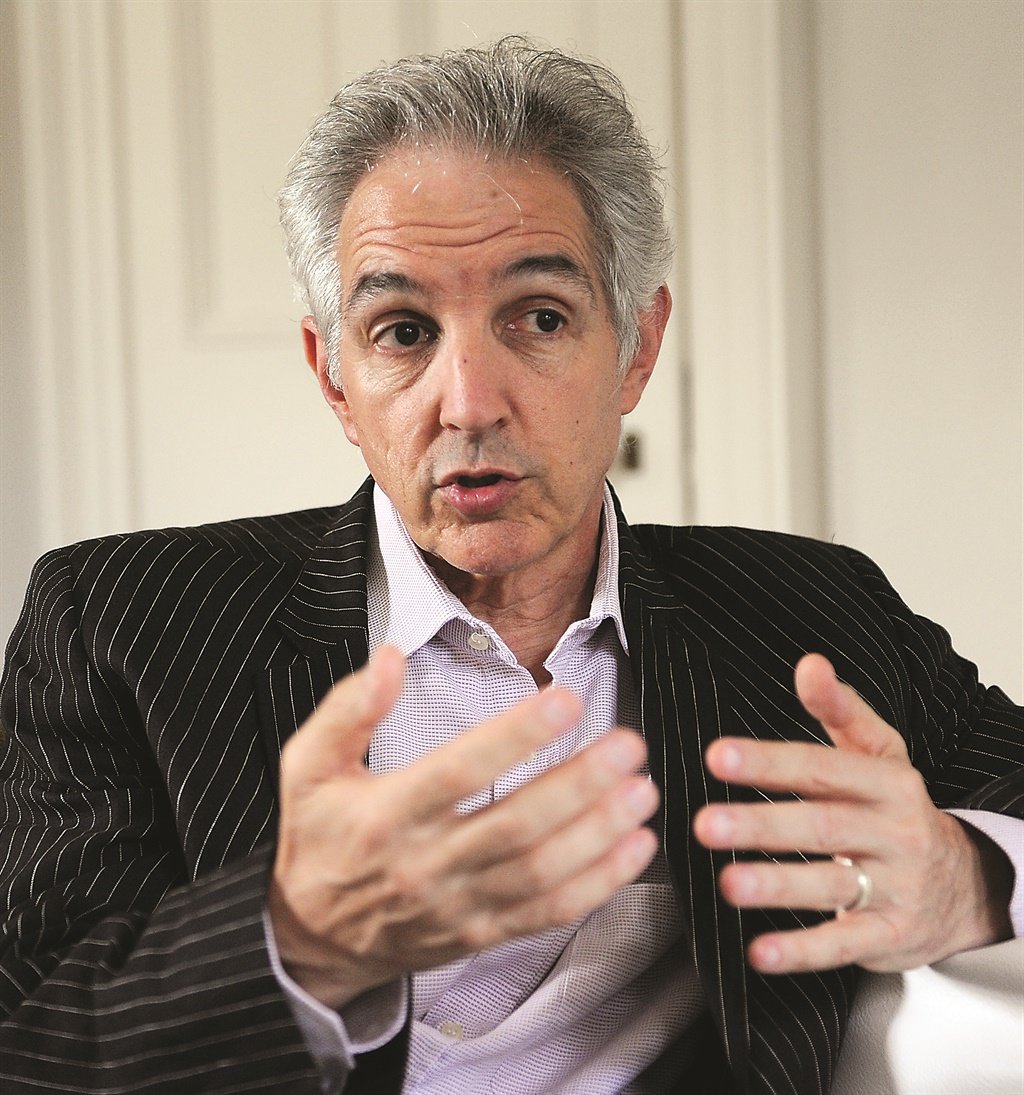
I meet Max Price in an office that is not his. The vice-chancellor’s work spot had been fire-bombed a few nights before. Still, he is not deterred.
Sitting in a room a few doors down from his office, which was petrol-bombed in the early hours of Wednesday morning, Price strongly criticises the violence the group displays during its protests.
On Sunday evening, the #RhodesMustFall movement erected a corrugated iron shack to protest against insufficient accommodation for students on the campus.
Chaos ensued when students and police clashed on Tuesday evening after works of art were removed from university buildings and torched.
“We had a bus and two vehicles burnt, bonfires around the campus, a fire bomb in my office, groups rampaging around the campus setting fire to things,” Price says.
“They even set fire to Table Mountain. Most of the fire brigade was diverted from campus to the mountain because it was a serious arson fire, which would have spread to the suburbs.”
“That was a tactic, as far as I can tell, to spread the forces more thinly.”
On Thursday afternoon, students from the protest movement laid charges against the university, saying that they had been assaulted by private security guards and police on Tuesday night. They are also calling for Price to be arrested for undue use of force against protesting students.
Western Cape police spokesperson Andre Traut confirmed that charges of intimidation, assault and malicious damage to property had been laid, but would not confirm if charges had been laid against Price, or what would constitute enough evidence for
an arrest.
Despite the call from the #RhodesMustFall protesters for Price to resign from his position, he believes that he has the confidence of the council and senate.
“I have promoted an admissions quality that has admitted more black students to the university than it ever had before. I have driven a financial aid policy, which is the only one in the country that guarantees that all students who are admitted on academic grounds, we will find the financial aid for them. No student is turned away,” he says, calling his achievement a “pretty good” track record.
On whether or not a white male should be the vice-chancellor of a South African institution given the current climate, Price said that transformation was not the work of black people alone.
“It is certainly the job of white people as well, and I have always been committed to a nonracial and democratic South Africa – since my youth.”
Price believes there are more differences than similarities between the current wave of student activism and that of the 1976 movement, which he was part of as a Wits student. He says the country is in a different environment under democratic rule. The electoral system also works alongside the freedom of speech and an independent judiciary.
“There is a social compact now, which says we give up the right to use force to change the government, because if you don’t, then you have lost the rule of law and you don’t have a mechanism,” he says.
“I would be very distressed if people draw that analogy and say that legitimises this kind of protest. Universities in particular are here to solve problems through debate and through thinking and through ideas.”
When asked what has characterised and continued to fuel protest action across the country, Price says a number of agendas have fallen under one umbrella.
“In many campuses, the Economic Freedom Fighters (EFF) is a significant agenda. They obviously want to build up support for the local authority elections,” he says.
As a result, the EFF can use its campaign to show that the ANC is not serious about its promise of free education, and that the EFF will secure that for the people.
Price also cites the push for insourcing and the language policy debate at some institutions, as well as an ideological strain, which suggests that the Truth and Reconciliation Commission did not achieve what it set out to achieve, and that the settlement in 1994 was a sellout. According to that thought, real change has not occurred without a violent revolution.
He says some students who come from townships have seen the service-delivery protests, they have seen the corruption, the lack of national leadership, the lack of real change in their lives, and this makes it easy for them to say “we need to disrupt the system”.
“It is almost disruption for the sake of disruption,” says Price.




 Publications
Publications
 Partners
Partners








